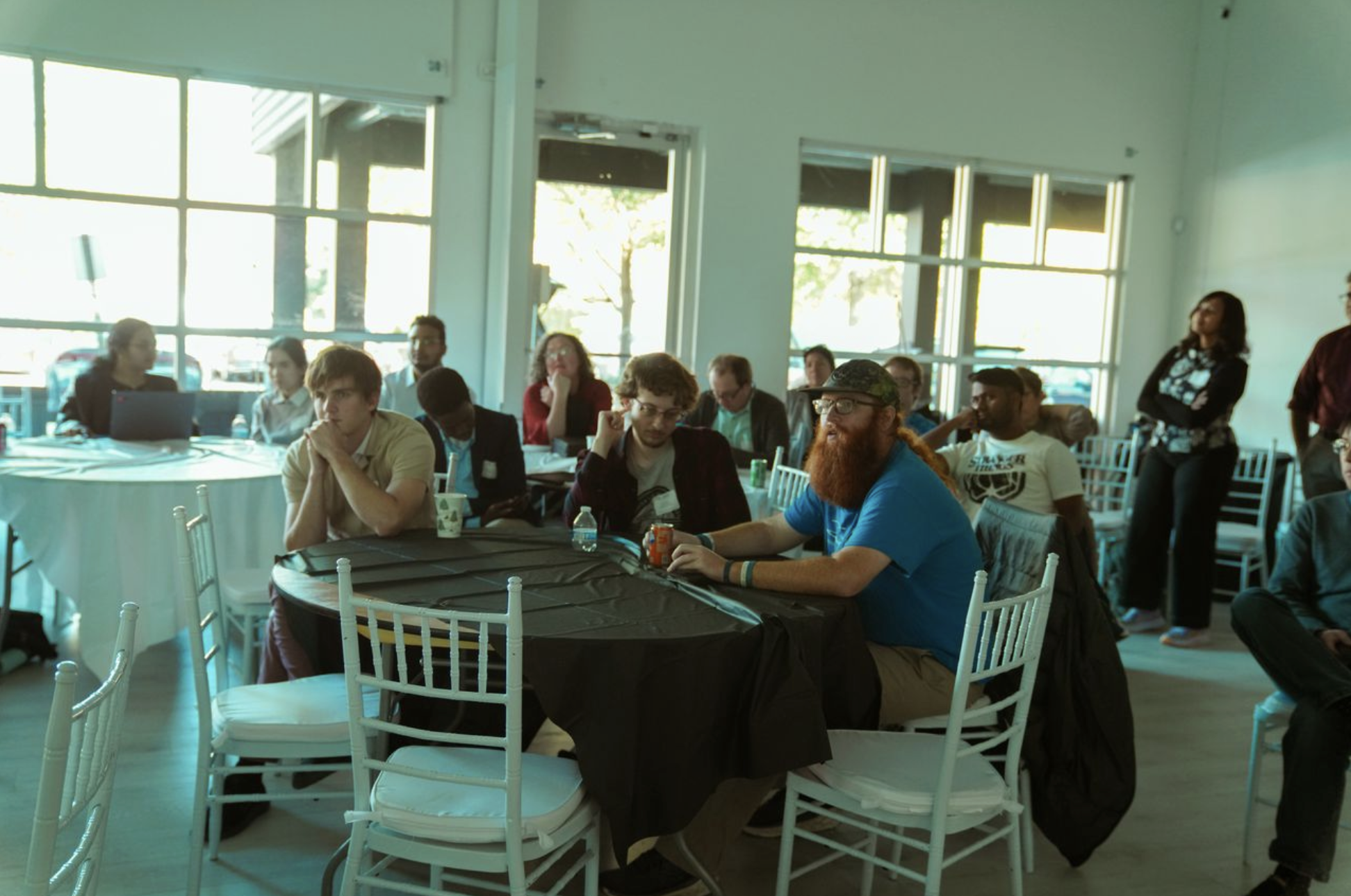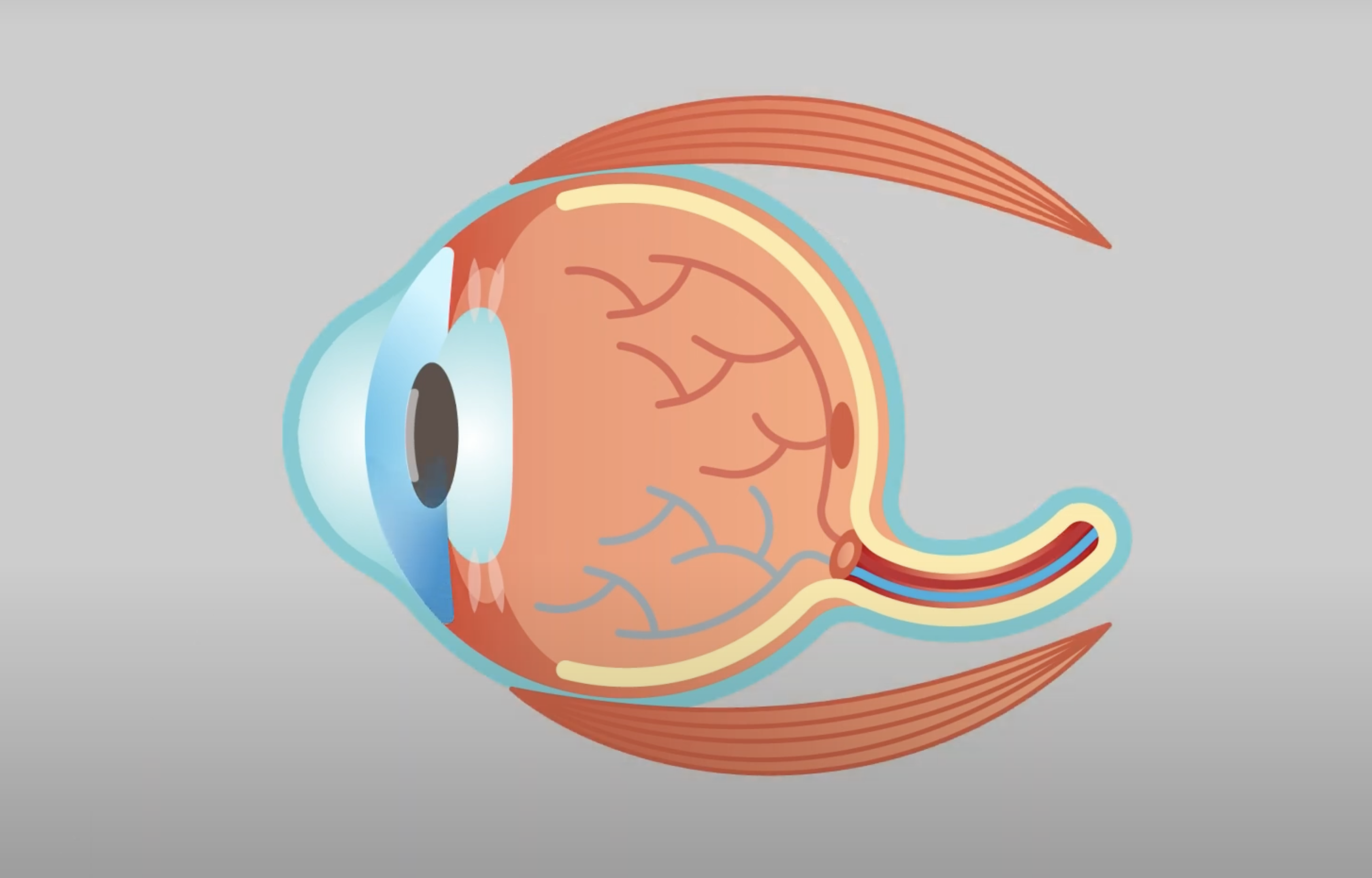
Students and faculty watching an oral presentation at the 2025 Fall Retreat.
 | Under Pressure: Georgia Tech Researchers Discover a Potential New Way to Treat GlaucomaNewly discovered antibodies break down the protein that causes glaucoma. |
A team of researchers from the School of Biological Sciences published a paper on interlimb training and how it may provide tangible benefits during early-stage rehabilitation following upper limb amputation, especially in cases of partial-hand loss.
Nature Scientific ReportsThe Blue Mountains in eastern Jamaica could be a region where landslides occur with heavy rain due to steep hill slopes, said Karl Lang, an assistant professor of geology at the Georgia Institute of Technology.
Lang said regions that have been clearcut for agriculture could be susceptible to landslides because the plants that previously grew there helped bind the soil together by the strength of their roots.
Some roads built on steep hills in Puerto Rico were affected by landslides when Hurricane Fiona (2022) and Hurricane Maria (2017) hit, said Lang. “Every time you cut into a steep slope, you make a steeper slope above the road,” he said.
“The real problem there is that you create the road that’s your conduit in and out of the location … and then the landslide dams the road. You create your own problem both by creating the increased probability of a landslide, but also by having those landslides occur where you need to go,” said Lang.
AP NewsAs Hurricane Melissa barrels toward Jamaica as a Category 5 storm, some in the meteorological community are questioning if the traditional way of measuring hurricane strength still tells the full story.
Zachary Handlos, director of the Atmospheric and Oceanic Sciences Undergraduate Degree Program at Georgia Tech, believes it might be time to rethink how we classify hurricanes. While the Saffir-Simpson Hurricane Wind Scale, which rates storms from Category 1 through 5 based solely on maximum wind speed, has been used for decades, Handlos says it doesn’t always capture a storm’s true impact.
“You don’t have to be a tropical cyclone expert to know that the scale has some limitations,” Handlos said. “It doesn’t necessarily portray how strong or impactful a hurricane can be beyond its wind speed.”
11Alive News